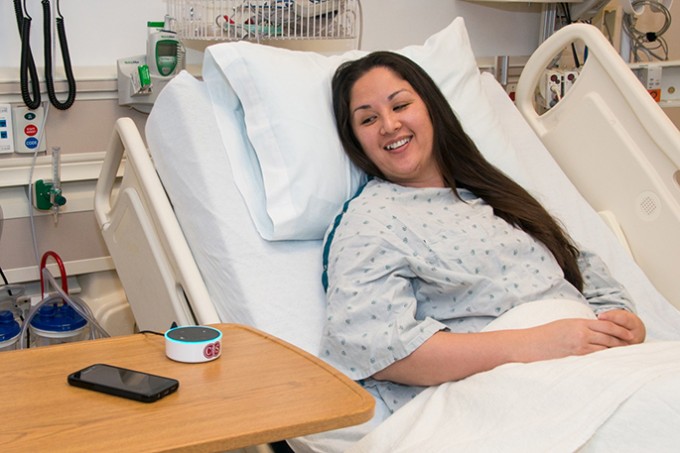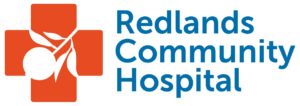Nursing & Healthcare News
Voice Assistants for Patient Rooms
Are privacy concerns being addressed?

Patients at Cedars-Sinai may soon find a new high-tech feature in their rooms: an Amazon Alexa-based voice assistant called Aiva.
Hands-Free Help
Recently added to more than 100 rooms as part of a Cedars-Sinai pilot program, Aiva is a voice-activated patient assistance system. With Aiva, patients can use voice commands to call for a nurse, request housekeeping assistance, control the television or select other entertainment options.
Patients can address the system as “Alexa,” and Aiva is indeed based on the Amazon Alexa platform (using Amazon’s Echo smart speakers). However, requests like medication and bathroom assistance are routed to the hospital’s internal Aiva hub and a mobile app used by nurses and other care providers.













